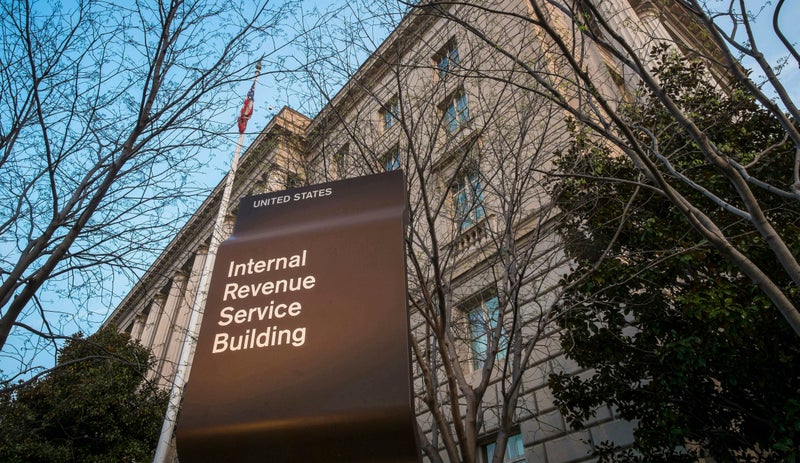The Freelancers Union – which advocates for rights and protections for the freelancing community – has reported that although freelancers “feel anxious about all they have to manage, they also have a better work-life balance with more control over their own destiny and schedule, resulting in less stress and better health” and that “freelancing gives them the flexibility they need because they are unable to work for a traditional employer due to personal circumstances, such as health issues or childcare needs”.
Some have blamed the big union lobby, which has forced the hand of state and federal legislators into passing new rules forcing companies to reclassify more freelancers as workers in order to make them eligible for union membership.
According to data reported in Forbes, an estimated 64 million Americans, representing 38% of the US workforce, did freelance work in 2023, which is up by 4 million people over the previous year, and contributed almost $1.3tn in annual earnings to the US economy.
The US Department of Labor has issued updated rules that address worker classifications, which have forced more companies to reclassify their independent contractors as employees in order to be in compliance.
California – the fifth-largest economy in the world – has significantly curtailed the ability of companies located there to hire independent contractors and freelancers in lieu of employees.






















